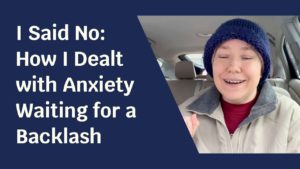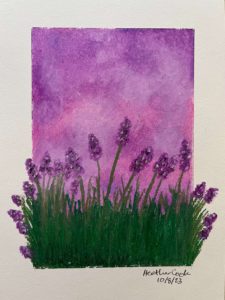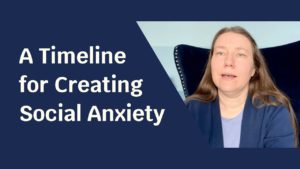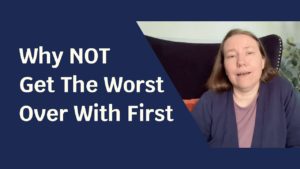
How People Pleasing Prevents Positive Relationships
Autistic people-pleasing includes plenty of downsides, but have you thought of the positives that it prevents?

Autistic people-pleasing includes plenty of downsides, but have you thought of the positives that it prevents?

Is there something you want to do, but part of you says you can’t? I’d like to talk about that.

A response to a conversation on social media reminded me of a way of thinking that I’d like to discuss.

Here’s the brief story of how I stood up for my needs by saying no to someone, and then how I dealt with the anxiety for a week waiting for a backlash from that.

If you’re wondering if my anti-anxiety course is a good fit for you, here’s some information that may help you decide.

Growing up a bit different makes for a lot of confusing and hurtful experiences.

It’s so easy to become paralyzed by anxiety around thoughts of all the things wrong in the world. Here’s my method of getting free enough to do something to make the world a little bit better.

What I’m talking about (and NOT talking about) when I mention dissolving painful thoughts.

I’ve been getting an urge to do some art. It’s popped up in short bursts throughout my life and is always quashed quickly by anxiety flareups. Here’s how I’m working through it.

Phone calls can be quite stressful. When I used to need to make them a lot, I often could not force myself to pick up the phone. Here’s what I learned from that.

Sometimes the advice we get creates more problems than solutions. Here are a few thoughts on some anxiety advice I heard, and on developing trust in yourself.

Here’s a timeline for creating social anxiety. I’m wondering if any of this resonates with you?

Here are a few prompts to reflect on what messages you were taught about rest, and how you would like to engage with it in the future.

Though the economy is making things harder, I won’t be raising my prices now. Here’s what I’m doing instead.

Have you heard the saying, “eat the worst first and save the best for last”? I think it’s fundamentally flawed. Here’s why, and what I’ve found works better.
We don’t spam or sell. Promise. Unsubscribe at any time.
Read our privacy policy here.
The information on this site is not intended or implied to be a substitute for psychotherapy, medical advice, diagnosis, or treatment.
© 2020-2024 Autism Chrysalis LLC.